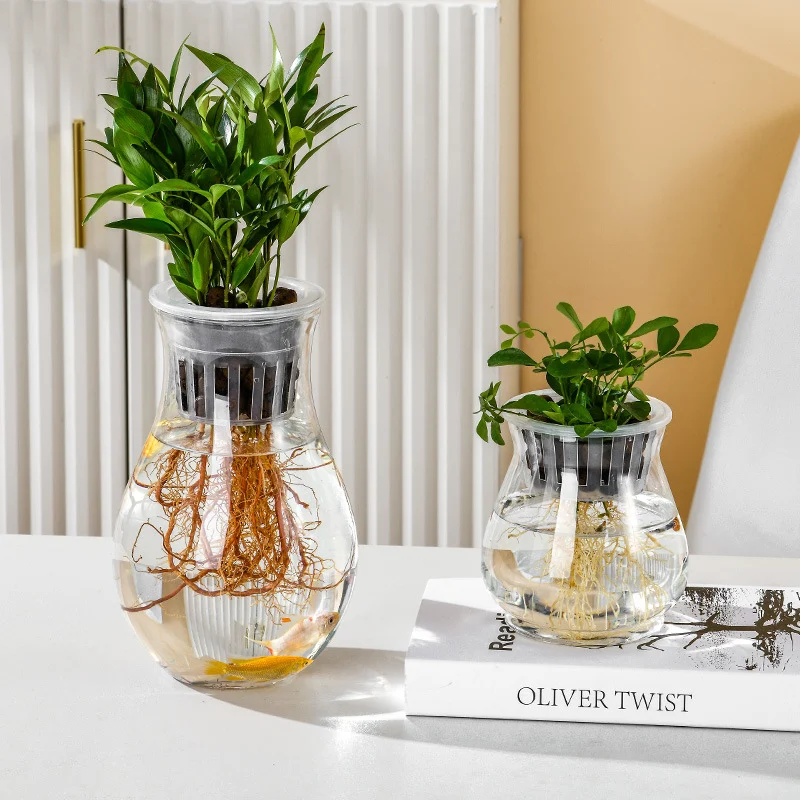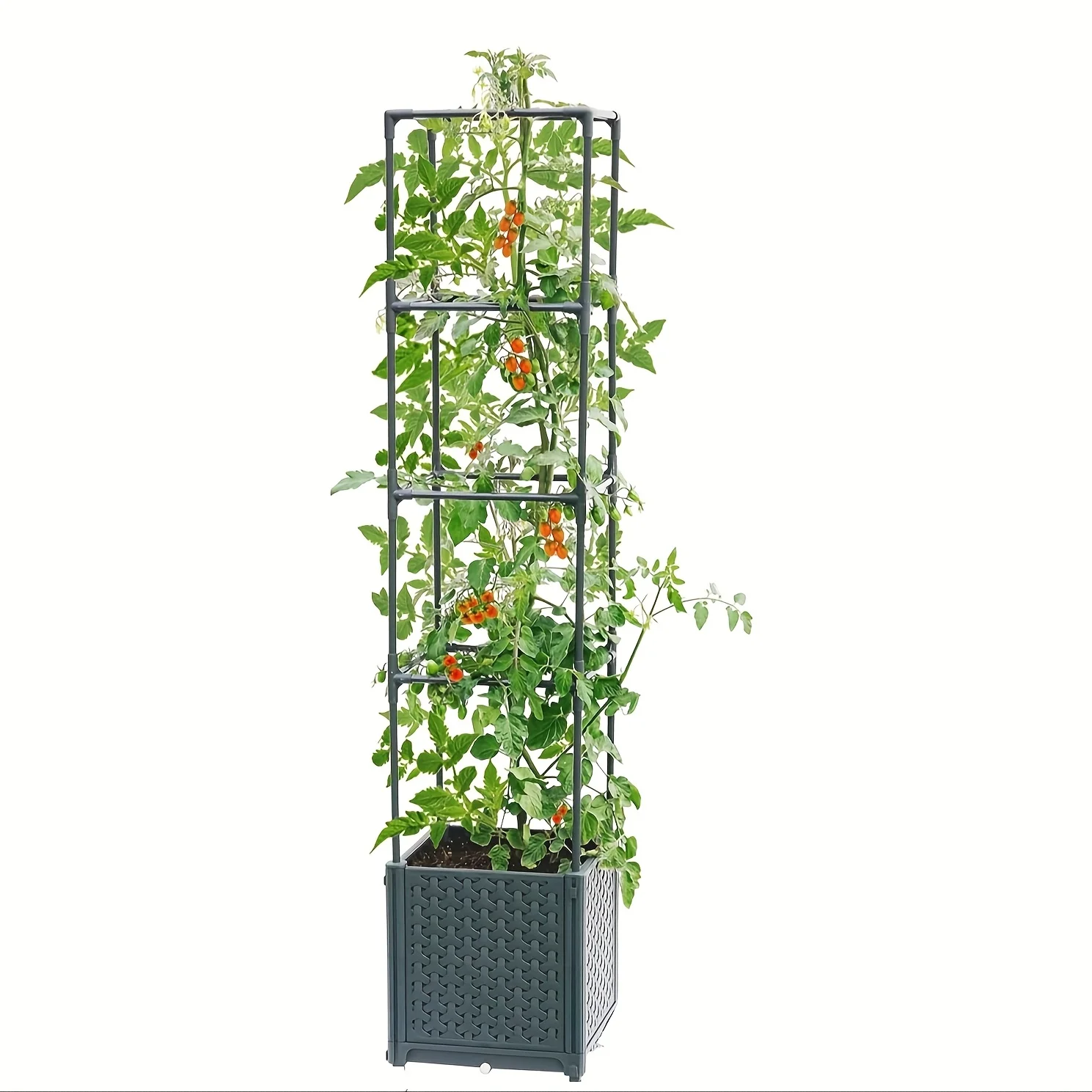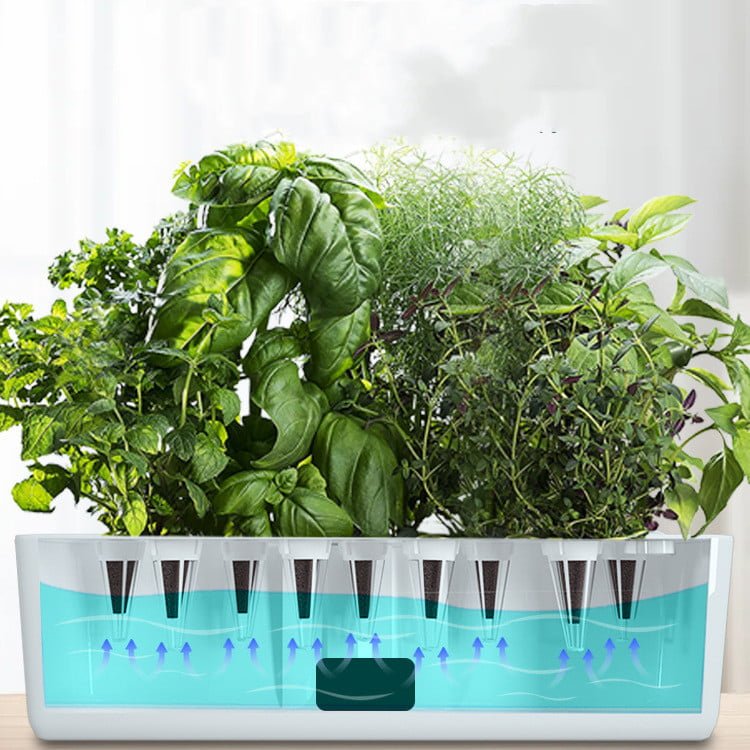How to Choose the Best Compost Bin for Small Spaces Without Sacrificing Efficiency
Composting in tiny spaces can seem impossible, but with the right compost bin, you can efficiently turn organic waste into gold without sacrificing space. With urban gardening on the rise, many folks are eager to do their bit for the environment while keeping their living spaces neat. Here’s how to select the best compost bin for your cozy corner.
Understand Your Space and Needs
Assess your area and composting needs before diving into the options. Ask yourself:
- How much space do you have?
- What organic material will you compost?
- How often do you generate waste?
Knowing these details will guide your choice, helping you find a bin that fits your lifestyle and maximizes efficiency.
Types of Compost Bins for Tight Spaces
Several compost bins are designed for smaller areas. Here are a few efficient options:
1. Countertop Compost Bins
These small bins fit on your kitchen counter and are ideal for food scraps. They usually come with airtight lids to minimize odors and pests. Look for durable and easy-to-clean materials.
2. Bokashi Bins
Bokashi composting ferments kitchen waste in a sealed container, perfect for tight spaces. Using a special microbe mix, it breaks down food scraps, including dairy and meat, which are typically challenging to compost.
3. Worm Bins
Worm composting, or vermicomposting, uses red wigglers to transform waste into nutrient-rich compost. Worm bins are compact and visually appealing, making them perfect for indoor use. Just keep your worms healthy.
4. Tumbler Compost Bins
These bins have a rotating design that promotes aeration, speeding up composting. They’re compact and often for outdoor use. Tumbler bins are ideal for those who generate more waste but want a contained composting setup.
Key Features to Look For
When selecting a compost bin for small spaces, certain features enhance efficiency:
- Airtight Seals: Keeps odors at bay and deters pests.
- Mixing Mechanism: A design that allows easy mixing improves decomposition rates.
- Material Quality: Choose sturdy, weather-resistant materials for longevity.
- Size and Capacity: Find a bin that fits your space while holding the amount of waste you generate.
- Ease of Maintenance: Look for bins that are easy to clean and access for ongoing care.
Maximizing Efficiency in a Small Compost Bin
Using a small compost bin means focusing on methods that boost efficiency without requiring space. Consider these strategies:
- Shred Your Waste: Chop or shred compostable materials to speed up decomposition.
- Layering: Alternate green materials (like fruit scraps) and brown materials (such as dried leaves) to create a balanced mixture.
- Monitor Moisture: Ensure your compost is neither too dry nor too wet. Adjust moisture levels accordingly.
- Turn Regularly: If you have a tumbler or manual bin, turning the compost helps aerate it and encourages efficient breakdown.
By considering space limitations, choosing the right compost bin, and employing efficient composting practices, you’ll be able to manage organic waste in even the smallest areas. Composting isn’t out of reach for apartment dwellers; with the right tools and techniques, it’s both achievable and rewarding.
Innovative Solutions for Urban Composting: Making the Most of Limited Space
Urban dwellers face challenges with composting due to limited space. However, innovative solutions make composting accessible and efficient in small environments. By considering the right approaches and tools, anyone can reduce waste and contribute to sustainability.
Understanding Urban Composting Needs
Before diving into solutions, grasp the unique needs of urban composting:
- Space Constraints: Apartments or townhouses often have little to no outdoor space.
- Odor Management: Without proper ventilation, compost bins can emit unpleasant smells.
- Materials Accessibility: Limited access to organic waste resources can impede composting.
Choosing the Right Compost Bin
Selecting a compost bin that maximizes efficiency while fitting into small spaces is crucial. Consider these factors:
- Size and Capacity: A compact bin suitable for small quantities of waste. Look for countertop compost collectors holding around 2-5 gallons.
- Material: Choose durable, odor-resistant materials. Stainless steel or high-quality plastic can minimize smell and withstand weather if used outdoors.
- Design: Some bins promote airflow, crucial for rapid decomposition. Ensure the bin includes aeration features.
- Ease of Use: Consider bins that allow easy access and retrieval of compost. Models with sliding lids or easy-open tops enhance user experience.
Innovative Composting Methods
In addition to the right bin, innovative methods can further enhance composting success:
Worm Composting (Vermicomposting)
Vermicomposting uses worms to break down organic material. It’s especially effective for small spaces because:
- Minimal Space Required: A worm bin can fit in a kitchen cabinet or a balcony corner.
- Quick Results: Worms produce nutrient-rich castings in weeks.
- Odor-Free Operation: When managed correctly, vermicomposting is virtually odorless.
Bokashi Composting
Bokashi is an anaerobic fermentation method that breaks down food waste quickly, which is ideal for urban settings:
- Space-Efficient: Bokashi buckets don’t take up much room and can be stored conveniently.
- Versatile Materials: Compost various food items, including meat and dairy.
- Odor Control: The fermentation process neutralizes strong odors.
Utilizing Community Resources
Joining a community composting program can also be beneficial. Communities often establish shared composting spaces that alleviate individual burdens. Here’s how to leverage community resources:
- Shared Compost Bins: Local organizations might have compost bins available for residents.
- Composting Workshops: Workshops provide insights into effective composting techniques.
- Networking Opportunities: Connecting with fellow composters leads to idea-sharing and collaborative composting solutions.
Educating Yourself and Others
Educating yourself and your neighbors about composting can promote a sustainable urban environment. Sharing best practices can enhance everyone’s understanding, leading to more engaged communities. Consider:
- Hosting Informational Sessions: Organize gatherings to discuss composting techniques and share experiences.
- Creating a Composting Guide: A simple, locally tailored guide can help residents navigate composting.
Urban composting is not just a possibility but a reality that can be achieved with the right tools and methods. Embracing innovative solutions not only helps manage waste but also promotes a healthier environment for urban residents. With creativity and determination, limited space is no barrier to effective composting.
Key Takeaways
- Assess Your Space: Determine how much room you have and your composting needs.
- Select Efficient Bins: Choose bins that optimize space and offer features like airtight seals and easy maintenance.
- Employ Effective Methods: Use strategies like vermicomposting or Bokashi composting to maximize efficiency.
- Join Community Resources: Leverage shared spaces and learn from workshops.
- Educate and Share: Promote composting practices within your community for broader engagement.
Urban composting, though challenging in small spaces, brings invaluable benefits to both the environment and your garden. By turning kitchen scraps and yard waste into nutrient-rich soil, you’re not just reducing waste but also nourishing plants. Embrace composting, and you’ll see how even small changes can make a big difference.
Table of Contents
On Sale Now
-

Transparent Plastic Hydroponic Vase Container
$16.71 – $22.61Price range: $16.71 through $22.61Select options This product has multiple variants. The options may be chosen on the product page -

Rain Drum Steel Tongue Drum 6-Inch 11 Notes Portable Percussion Instrument
$93.96Original price was: $93.96.$71.96Current price is: $71.96.Select options This product has multiple variants. The options may be chosen on the product page -

Raised Garden Bed with Tomato Planter Cage
$231.96Original price was: $231.96.$125.96Current price is: $125.96.Select options This product has multiple variants. The options may be chosen on the product page -

Soilless Hydroponics: 9-Hole Smart Veggie Growth Light
$160.90Select options This product has multiple variants. The options may be chosen on the product page